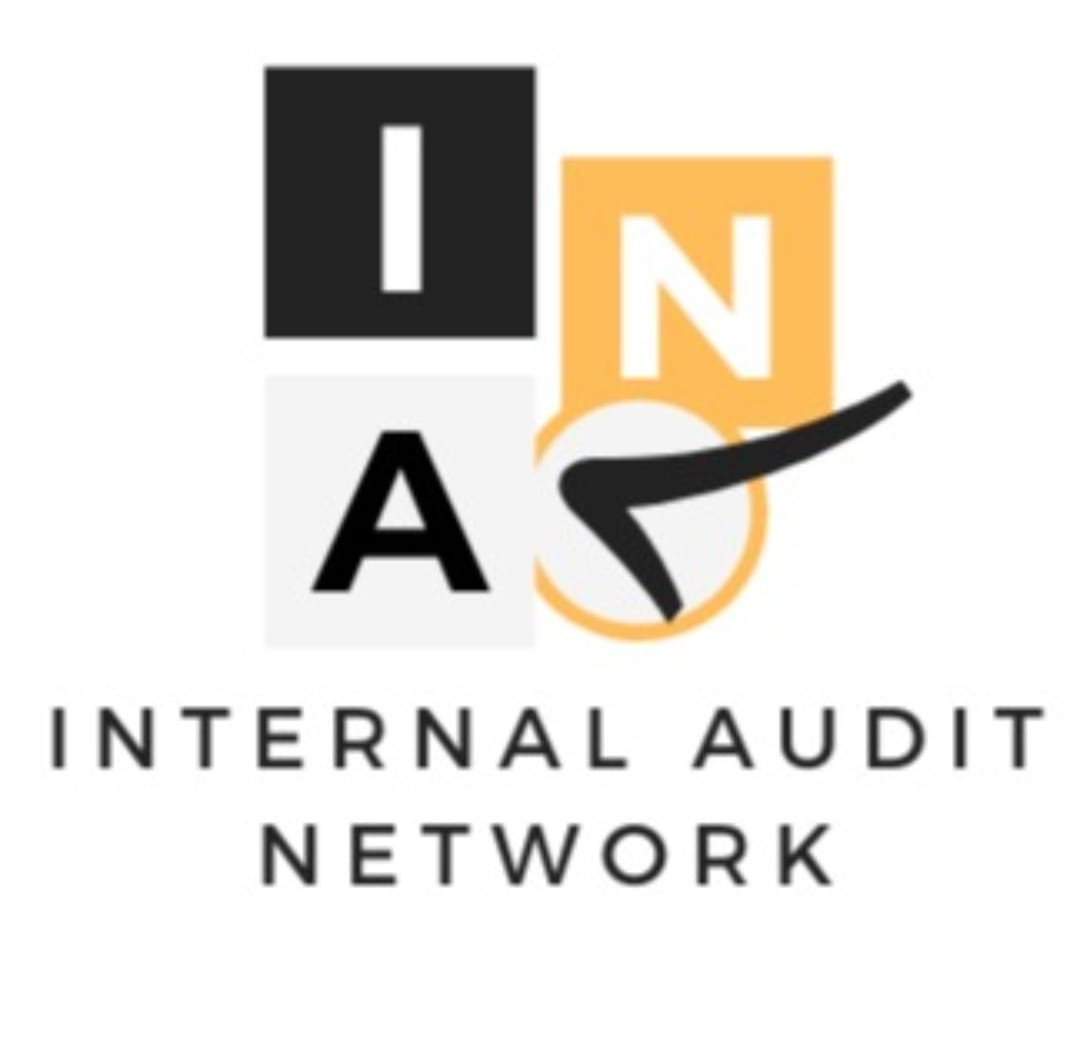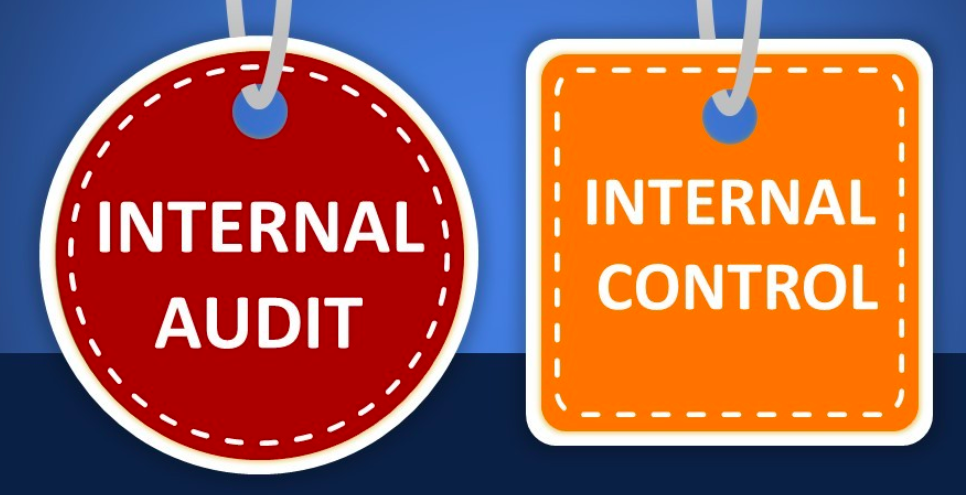All about Operational Audits
What is Operational Audit ?
An operational audit process is the series of steps an auditor takes to evaluate the operational activities of a given company or other organization. The process is similar to the processes for other audits, but more in-depth. It serves as a detailed look at all of the internal departments and processes that make up a business’s operations. Whereas a regular audit evaluates financial statements, an operational audit examines how a company conducts its business, with the aim of increasing overall effectiveness.
Goals to perform an operational audit
The goal of the operational audit process is to determine whether the internal controls of the business, such as policies and procedures, are sufficient to produce an optimum level of efficiency and effectiveness. The outcomes gleaned from the audit are most useful to the management team, who can take these recommendations on board to streamline future processes.

Here are three of the primary outcomes of a successful operational audit:
- Increase efficiency: Gain a greater understanding of how future policies and procedures can boost effectiveness.
- Identify risks: Businesses run many operational risks, ranging from health and safety issues to cyber threats. A full operational audit identifies risks like these, as well as potential problems related to fraud and compliance.
- Learn internal controls: By examining each step of the operational process, an audit can dive deeper into the impact of any changes to internal controls.
Since operational audits focus on efficiency and effectiveness, these also involve identifying deficiencies in a company’s operations. These deficiencies may come from processes, procedures, or systems that involve wastage of resources. As a result, operational audits may differ from one company to another. On top of that, its scope may also vary based on the company’s requirements. Usually, these audits may occur on a lower or broader level.
Operational audits also help internal auditors with identifying risks, which is a critical internal audit area. Usually, these involve singling out the operational risks that companies face. These may further include other risks such as IT risks, health, and safety risks, litigation risks, etc. An operational audit can identify any risks that companies face due to their operations and any problems related to fraud and compliance.
An operational audit, according to a specific area of activity, is organized in two phases:
1. An analysis of the functions of the company in order to understand the functioning of the organization: At the heart of this phase, processes and procedures are identified and analyzed. Their correct application is evaluated. This phase also makes it possible to establish a matrix of processes and their interdependencies, for example, to avoid redundant processes.
2. An analysis of the efficiency of the processes: This phase consists of analyzing the performance of a process by analyzing its revenues (direct and indirect) and its costs (direct and indirect).
During the execution phase, internal auditors will focus on going through a company’s operations. As mentioned, it will include reviewing processes, procedures, and systems. During this process, they will validate the control involved in each step and how these controls are performing. Similarly, they will identify any deficiencies that will exist within these processes and procedures. This step is usually the longest and requires a lot of resources.
Article by :
Also see : Internal Auditors … Do more….





Responses